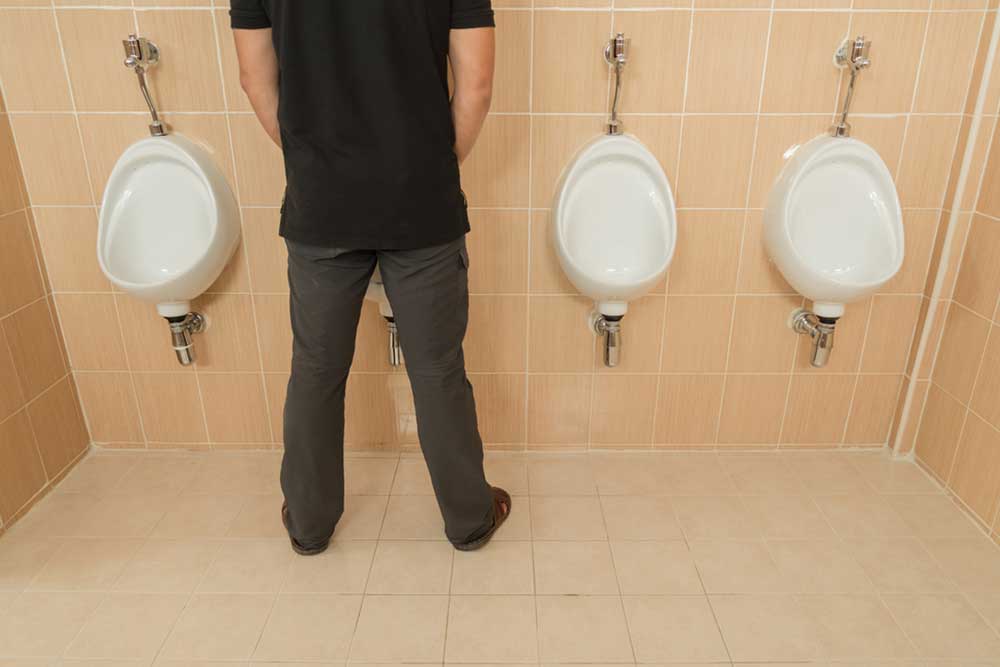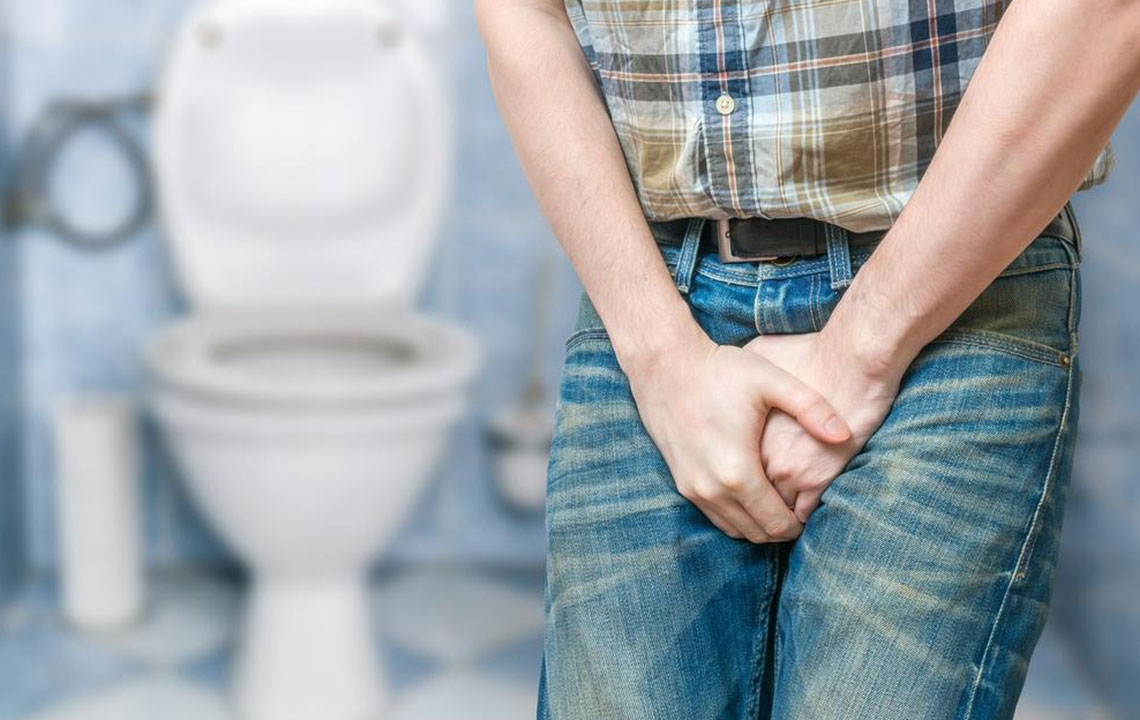Causes and Approaches to Managing Frequent Urination
Frequent urination, requiring eight or more trips to the bathroom daily, can stem from various health issues. Diagnosing the cause involves examinations and tests like urinalysis and cystoscopy. Treatment options range from lifestyle changes and medications to surgical procedures for severe cases. Early medical consultation ensures effective management and relief from symptoms.

Causes and Approaches to Managing Frequent Urination
Frequent urination, defined as needing to urinate eight or more times daily, can affect both men and women and may indicate underlying health concerns.
Typical Causes
Diabetes mellitus
Urinary tract infections
Bladder tumors
Radiation therapy effects
Overactive bladder syndrome
Prostate health issues
Use of diuretics for blood pressure or fluid retention
Pelvic floor weakening from pregnancy or aging
Neurological conditions such as stroke or multiple sclerosis
Interstitial cystitis causing bladder pain
Diagnostic Methods
Physical examination
Reviewing medical history and medication usage
Urinalysis to detect infections or irregularities
Cystometry to measure bladder pressure
Ultrasound bladder scan for residual volume
Cystoscopy to inspect the bladder interior
Urodynamic testing to analyze urinary function
Treatment Strategies
Treating underlying issues like infections or diabetes
Diet modifications: boosting fiber, reducing caffeine, alcohol, and spicy foods
Avoiding excessive fluid intake before sleep
Pelvic floor strengthening exercises such as Kegel routines
Alternative therapies including acupuncture
Hormone treatments for menopausal women
Medications targeting overactive bladder symptoms
Surgical options in severe cases
Early intervention and proper care can effectively manage frequent urination. Consulting a healthcare provider is crucial for tailored treatment plans.


